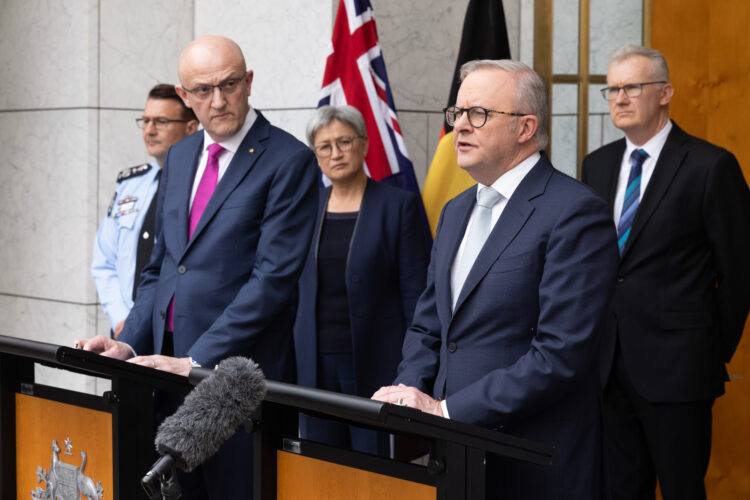Government moves to remove procedural fairness in Migration Act for asylum seekers and visa cancellations
I missed this, so thank you very much to a friend of the blog who directed my attention to a bill that Tony Burke introduced earlier this morning.
The amendment to the Home Affairs act aims to give the government more leeway in dealing with the cohort of people the High Court ordered be freed from indefinite detention.
The High Court ruled that the government could not act as the judiciary and impose indefinite detention sentences on people who either had their visas cancelled, or who were unable to be returned to their home countries after having an asylum claim rejected (or the people Australia refused to process because of how they arrived in Australia – but a reminder, it is not illegal to seek asylum under international law conventions Australia is a party to). This wasn’t a new problem – it has been an issue successive governments ignored until the high court ruling meant that Labor was forced to comply.
Attempts to set up two different sets of law also failed – turns out you can’t just write laws for one cohort of people. WHO KNEW (anyone with a working understanding of the law is the answer).
The new amendments Burke has put up seek to make it easier for the government to deport people who fall into this cohort. Australia doesn’t deport people back to countries where they may face death (although this has to be proven) which means third countries tend to be the answer. That’s been tricky under existing protections, so this amendment seeks to remove those:
The amendments in Division 1 of Part 1 of the Schedule to the Bill will insert new
section 198AHAA into the Migration Act to provide that the rules of natural justice do not
apply to:
- an exercise of executive power of the Commonwealth to:
- enter into a third country reception arrangement with a foreign country; or
- do anything preparatory to entering a third country reception arrangement
with a foreign country; and - the doing of a thing in relation to a third country reception arrangement with a
foreign country, including in relation to the third country reception functions of a
foreign country.
The Migration Act will also be amended to provide that the rules of natural justice do not
apply to the following: - the exercise of a power under section 198AAA of the Migration Act to collect, use,
or disclose to the government of a foreign country information (including personal
information) about a removal pathway non-citizen or certain former removal
pathway non-citizens; and - the giving of removal pathway directions under section 199C of the Migration Act;
and - the collection, use or disclosure of criminal history information under 501M of the
Migration Act

